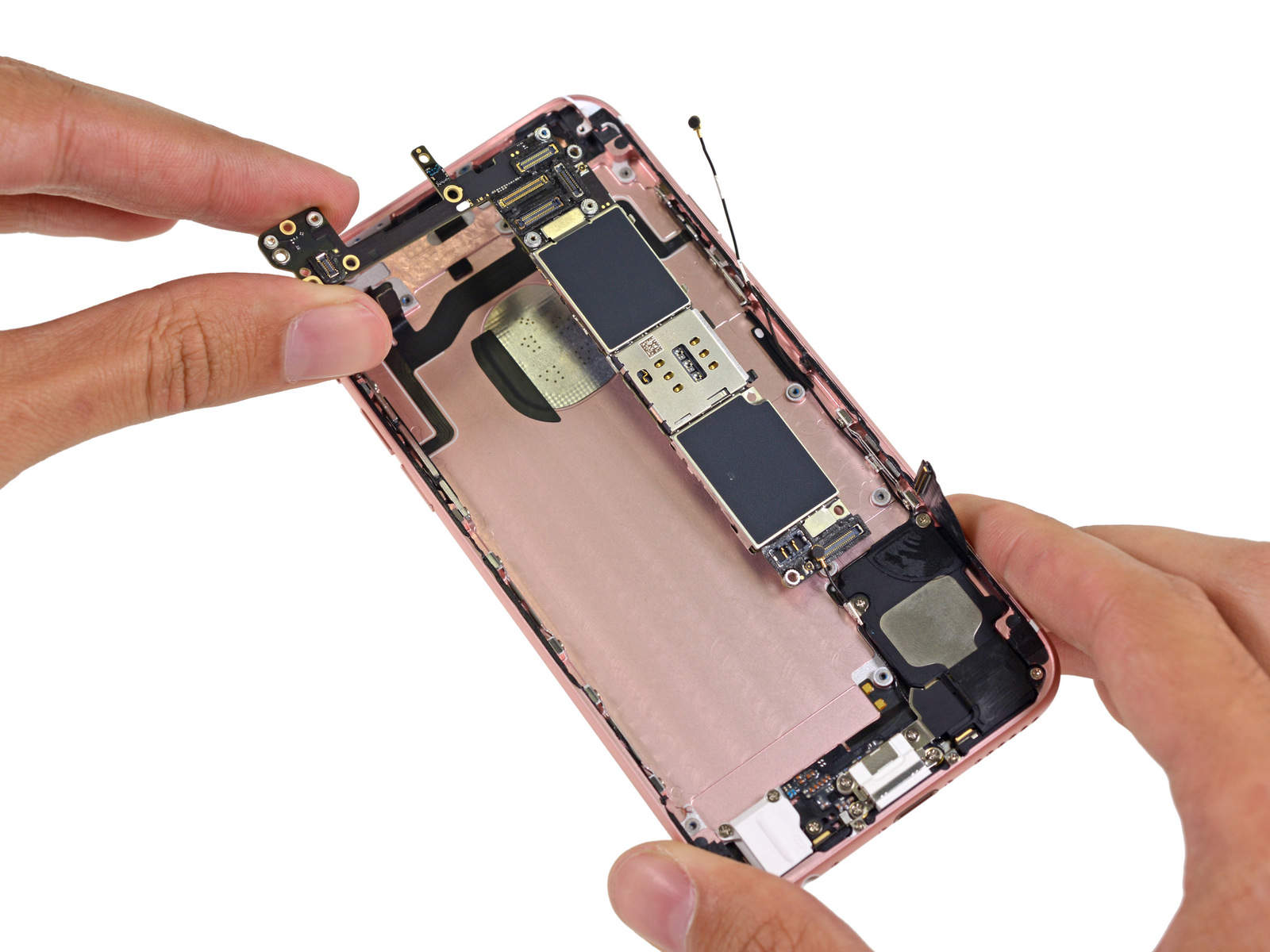After being sued by Apple for allegedly charging royalties on technology it did not own, Qualcomm is fighting back with a lawsuit of its own, claiming Apple is misleading and has breached its contract with the company.
Qualcomm has long been responsible for the wireless chips used in iPhones, iPads and many other Apple devices, but the relationship between the two turned sour back in January when Apple filed a $1 billion lawsuit against the chipmaker.
You’ll find a Qualcomm chip in almost every Apple device with a cellular or Wi-Fi connection. For years, Apple — like many of its competitors — has been relying on Qualcomm technology and paying the company royalties.
But Apple alleges that Qualcomm has been charging for technology it does not own, and its claims have not been taken well. On Monday night, Qualcomm filed a counterclaim against Apple for supposedly misleading governments about its business practices.
Qualcomm also claims that Apple “chose not to utilize the full performance of Qualcomm’s modem chips in its iPhone 7,” and “misrepresented the performance disparity between iPhones using Qualcomm modems and those using competitor-supplied modems.”
Qualcomm says Apple, which also uses wireless chips manufactured by Intel, made threats in an attempt to prevent the company from “making any public comparisons about the superior performance of the Qualcomm-powered iPhones.”
Apple started using Intel chips for the iPhone 7, and Qualcomm says it made misleading claims about the switch in order to induce regulatory proceedings against Qualcomm.
“As merely one example, on August 17, 2016, Apple told the Korea Fair Trade Commission (‘KFTC’) that ‘Apple has yet to add a [second chipset] supplier because of Qualcomm’s exclusionary conduct,'” Qualcomm’s suit claims. “But when Apple made that statement to the KFTC, it already had added Intel as a second baseband chip supplier and had purchased Intel chips to incorporate in the iPhone 7, which was only a few weeks away from its September release.”
Apple knew at that time that every iPhone 7 that went on sale in Korea would use an Intel chip, Qualcomm says, and therefore its statement to the KFTC was false.
Qualcomm now wants Apple to pay damages for reneging on its promises in several agreements. It also wants the iPhone maker to be prevented from “further interference” with Qualcomm agreements with the companies that manufacture iPhones and iPads for Apple.


